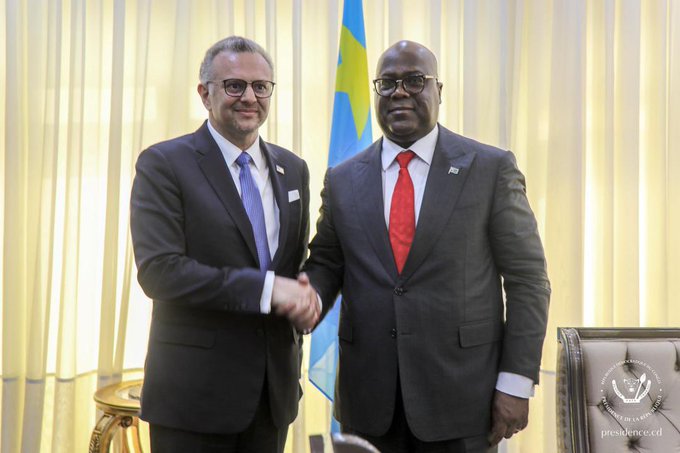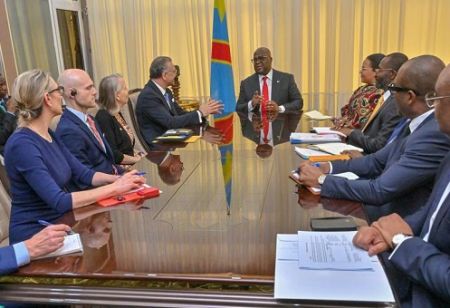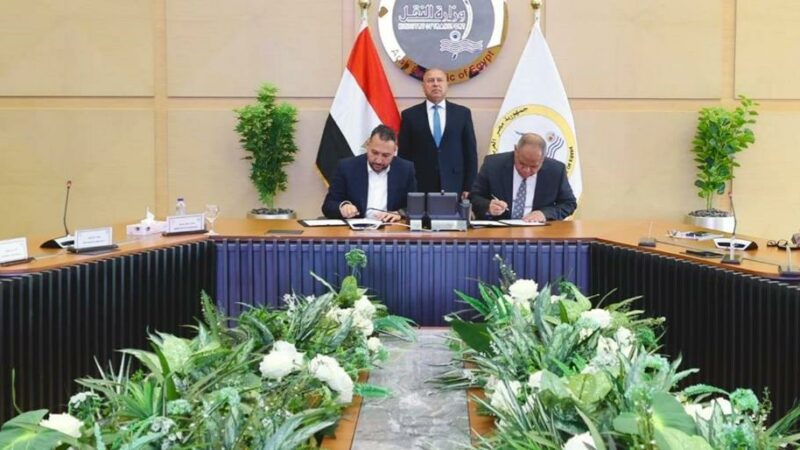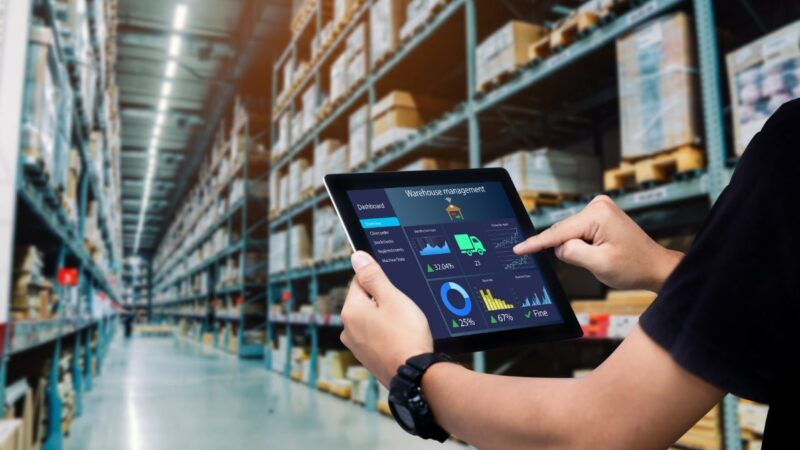Lobito Corridor: The US Plans to Invest in Infrastructure Located in the DRC


In a context of shifting global trade dynamics, control over strategic trade corridors has become a key geopolitical issue. As China revamps the Tazara railway, the United States is investing in the Lobito Corridor, with a particular focus on securing critical mineral supply routes.
Massad Boulos, senior advisor to Donald Trump on African affairs, announced during a press briefing on Thursday, April 17, 2025, that the United States will continue supporting the Lobito Corridor initiative. His statement followed a regional tour that included the Democratic Republic of Congo, Kenya, Uganda, and Rwanda. The project aims to develop a rail and road network linking the DRC’s mineral-rich regions to the Atlantic port of Lobito in Angola.
According to him, this support will focus particularly on infrastructure within the Congolese territory.
“We are currently in discussions with President Félix Tshisekedi’s administration to work on the Congolese side regarding railways, highways, but also energy projects, including dams and hydroelectric initiatives,” Boulos told Bankable.
These infrastructure projects aim to facilitate the extraction, processing, and export of Congo’s strategic mineral resources—particularly for export to the United States. For the DRC, improved infrastructure could also help stabilize mining operations, create jobs, and support peace efforts by reducing tensions driven by poverty and economic marginalization in the eastern part of the country.
This announcement comes at a time when the new Trump administration, in office since January 2025, is cutting back on international development aid budgets.
No specific figures have been provided regarding the scale of the U.S. financial commitment to the corridor.
Washington’s involvement in the Lobito Corridor also reflects its growing role as a mediator in the conflict between the M23 rebel group—supported by Rwanda—and Congolese forces. Boulos welcomed recent progress in talks between the DRC and M23 in Qatar, and highlighted U.S. efforts toward a peace agreement.
These negotiations are being conducted alongside discussions over a potential mining deal, which is expected to boost American private investment in the DRC and secure U.S. access to the country’s strategic minerals. However, the details of such an agreement have yet to be defined.
Thanks in part to the “minerals-for-infrastructure” agreement led by Sicomines, Chinese companies have built a strong presence in the DRC’s infrastructure development and now control 80% of the country’s mining sector.
“As for other companies, actors or countries already operating there, it is not our place to interfere in what they are doing. We are pursuing our own projects and facilitating investments by our own companies. Time will tell. I believe that very soon, the Congolese people will realize who their best partners truly are,” Boulos said.
Source : Agence Ecofin





